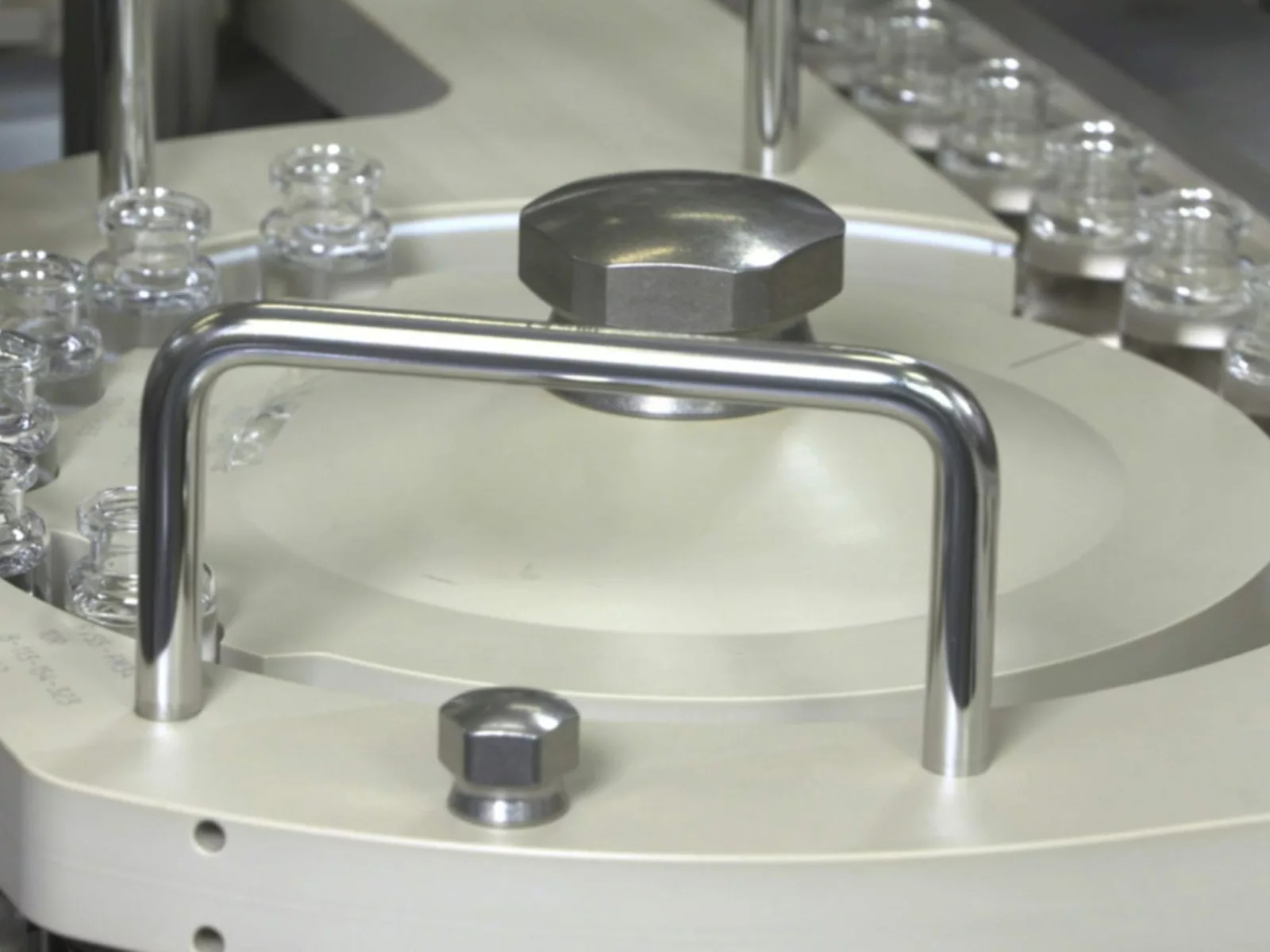If you invent and successfully patent a product in the United States, it is typically protected from competition for 20 years. This intellectual property system is intended to drive innovation – but drug manufacturers are exploiting loopholes in the system to extend their monopolies and stifle competition long beyond that 20-year timeline. This in turn fuels high prescription drug prices, as 80% of Americans report that the cost of prescription drugs is unreasonable.
The landmark America Invents Act (AIA), established the Patent Trial and Appeal Board (PTAB) to improve patent quality and reduce the frequency of unnecessary and costly legal battles. The PTAB achieves these goals by addressing challenges with patents that have already been granted, via inter partes review (IPR) and post-grant review (PGR). These reviews offer a more efficient, less expensive alternative to federal court litigation, which is often lengthy and costly. PTAB processes are faster, cheaper, and more accessible by allowing anyone, not just those being sued, to question a patent’s validity.
Strengthening the PTAB has driven down drug prices and expanded access to care
Since its establishment, the PTAB has played a critical role in lowering drug prices and thereby improving access to care. Evidence shows that the PTAB’s ability to revoke patents that were wrongly granted brings more competition to the pharmaceutical market and drives down costs – with some patent reviews resulting in competition that reduced drug prices by as much as 97%.
The U.S. Patent and Trademark Office (USPTO) is proposing a new set of rules that further preserves and strengthens the accessibility and effectiveness of the PTAB, including:
- Preserving the ability of “any person” to file a petition for review;
- Making a petition’s merits the primary factor in the PTAB’s decision to institute it;
- Defining “serial petitions” as petitions that challenge at least some of the same claims (instead of the same patent) as a previous challenge by the same patent owner (instead of any entity).
Creating a fair and balanced system and making prescription drugs more affordable
These proposed changes represent a significant step towards creating a system that more fairly balances the public’s interest in eliminating invalid patents – as well as patent holders’ interests in preserving them. Furthermore, these regulations align with Congress’s intent for these proceedings by keeping the PTAB’s focus on the merits of a petition. If implemented effectively, they can facilitate meaningful improvements to the accessibility and affordability of prescription drugs.
As work to improve the PTAB’s efficacy and efficiency continues, the USPTO should continue to defend against efforts from powerful industry-backed groups working to weaken it.
Read the full letter here.




